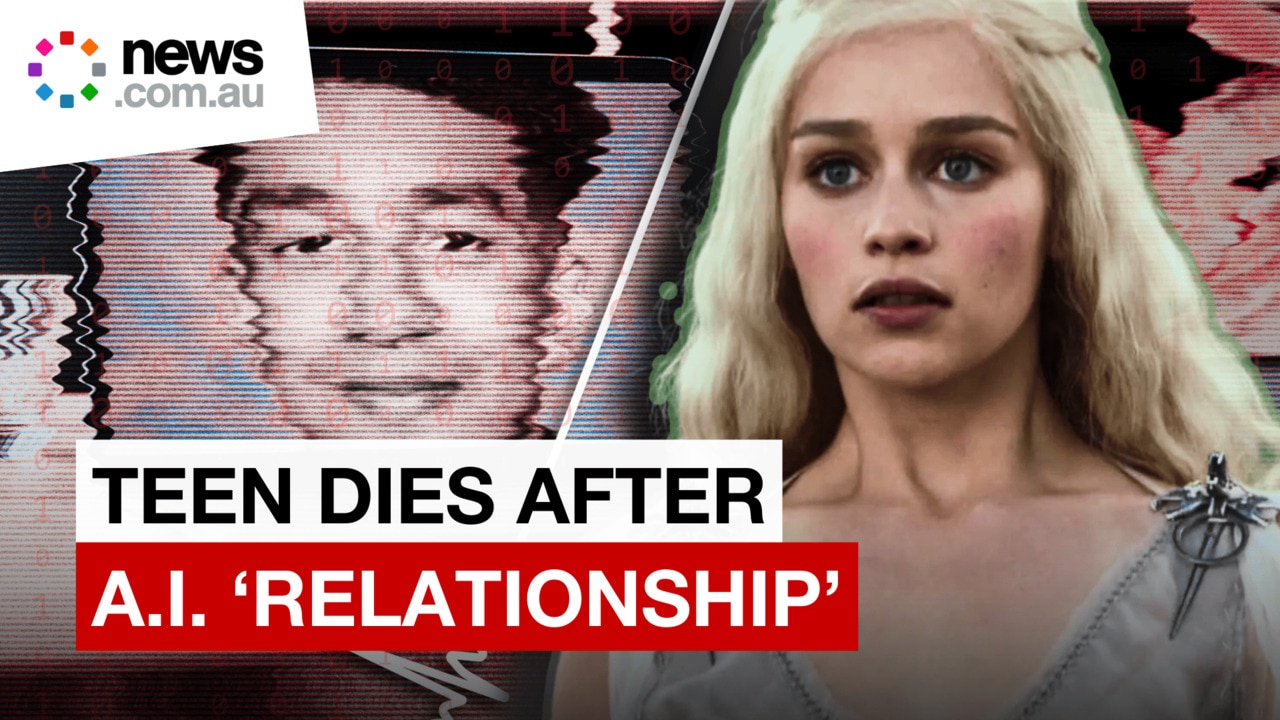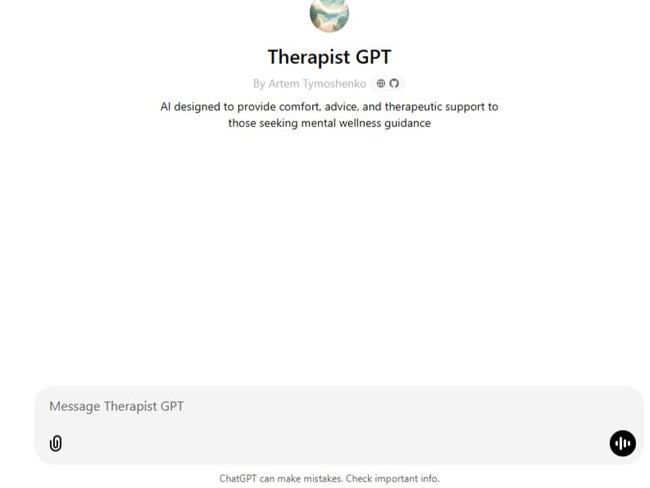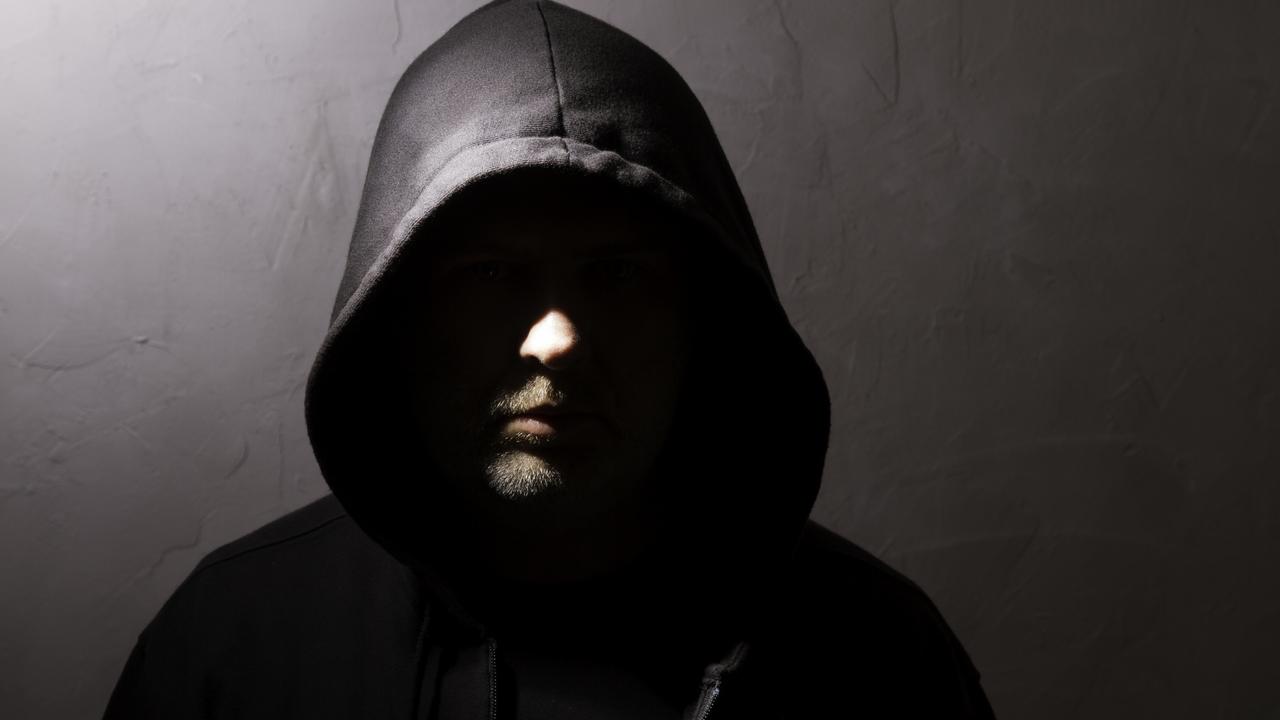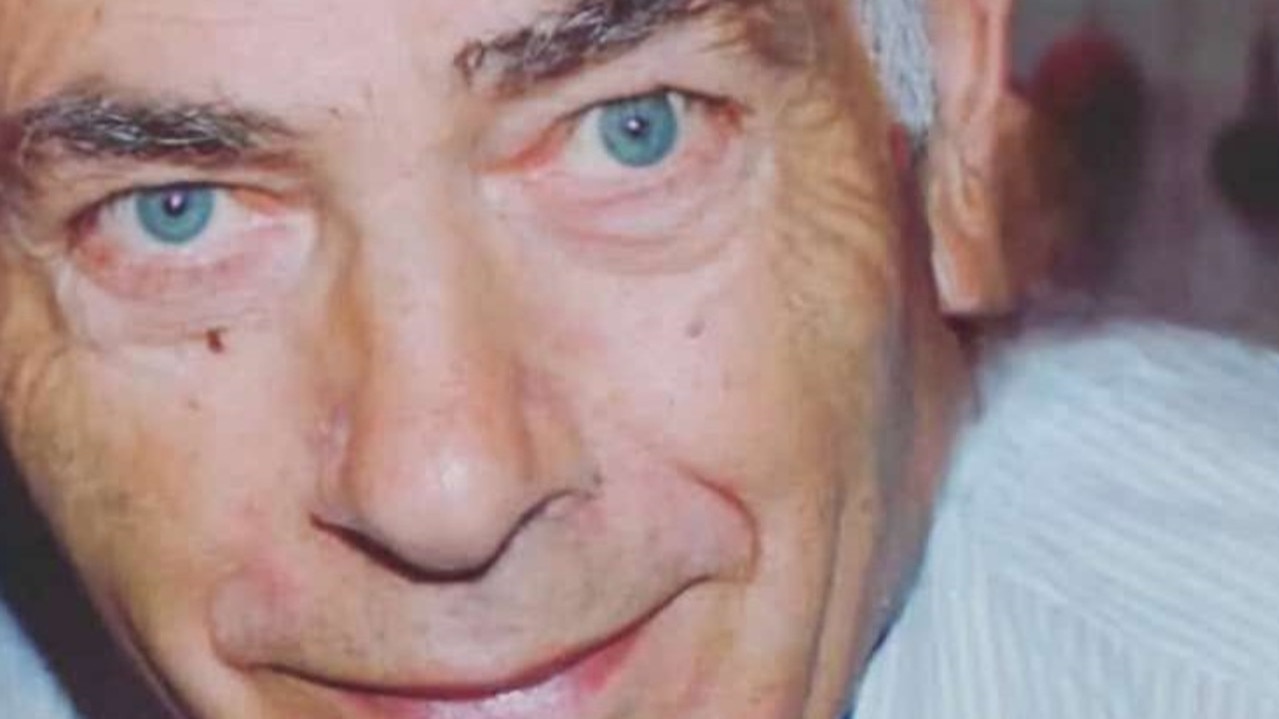Mental health experts weigh in on TikTok trend where people use AI as their therapists
A new online trend has people using AI tools, such as ChatGPT, as their own “pocket therapists”, despite warnings from mental health experts that it can never replace the real thing.

Leader
Don't miss out on the headlines from Leader . Followed categories will be added to My News.
A TikTok trend of people using ChatGPT as their own “pocket therapists” has gone viral online, with people captivated by its convenience and ability to provide “solutions” — despite warnings it should not be used as a replacement for real life help.
It comes following a rise in people creating third party “therapy chatbots” available for free to use, with many people — particularly on TikTok — promoting how they use AI as their own at-home 24/7 therapist.

In one TikTok — which has more than 1.3m views — a woman said she would “word vomit” her feelings about an issue, before asking ChatGPT to “read the following journal entry and provide an analysis of it” and to “provide advice and suggestions for solutions that would help someone who wrote this”.
Another popular method of use is people feeding the AI screenshots of stressful conversations and asking it to help understand the situation and navigate a response.
Registered psychologist and RMIT senior psychology lecturer James Collett said while ChatGPT could be helpful for “reflective” purposes it would be difficult to duplicate the relationship between therapist and patient.
“As a reflective tool the idea that it’s been guiding people through self reflection is actually a useful practice in a lot of circumstances,” Dr Collett said.
“But if you think about the big stressors in life there is nearly always some interpersonal element and one of principles of psychology is two people working together and part of that involves forming that relationship of trust and support with the therapist and the formation of that relationship itself and that social interaction, I would argue, is an essential part of psychotherapy and is something, at least at present, ChatGPT is not able to deliver on.”
Dr Collett also said an integral pillar of therapy was “challenging” the patient to grow, which would be “difficult” to achieve without developing a human connection.
“The process of psychotherapy is about growth and growth normally requires challenge and breaking out of your comfort zone in some way,” he said.

“It does seem to be that there’s a degree of pleasantness (in ChatGPT’s responses) and a hesitance to rock the boat in conversation, so I’d be sceptical if it can challenge someone but do it in a way where they’re doing it while creating a rapport.”
University of Melbourne digital health senior lecturer Simon D’Alfonso said AI tools would “stay in their lanes” and not try to replace the real-life relationship between patient and therapist.
“Where these systems are not going to help is able to provide that two-way dimensional bond between two humans,” Dr Alfonso said.
“It doesn’t know what’s happening in the real world it can’t talk about an event that you both know about that may be relevant to how you’re feeling.”




